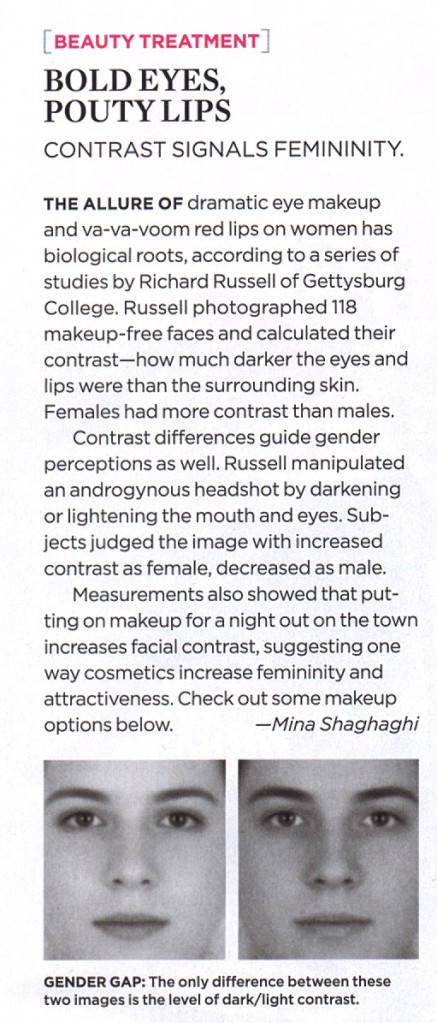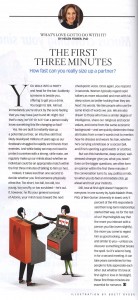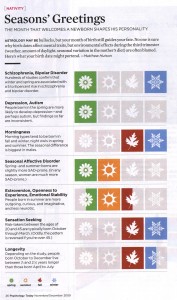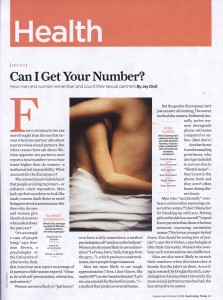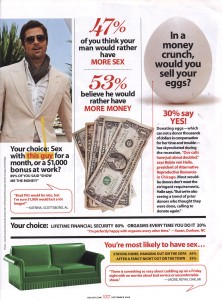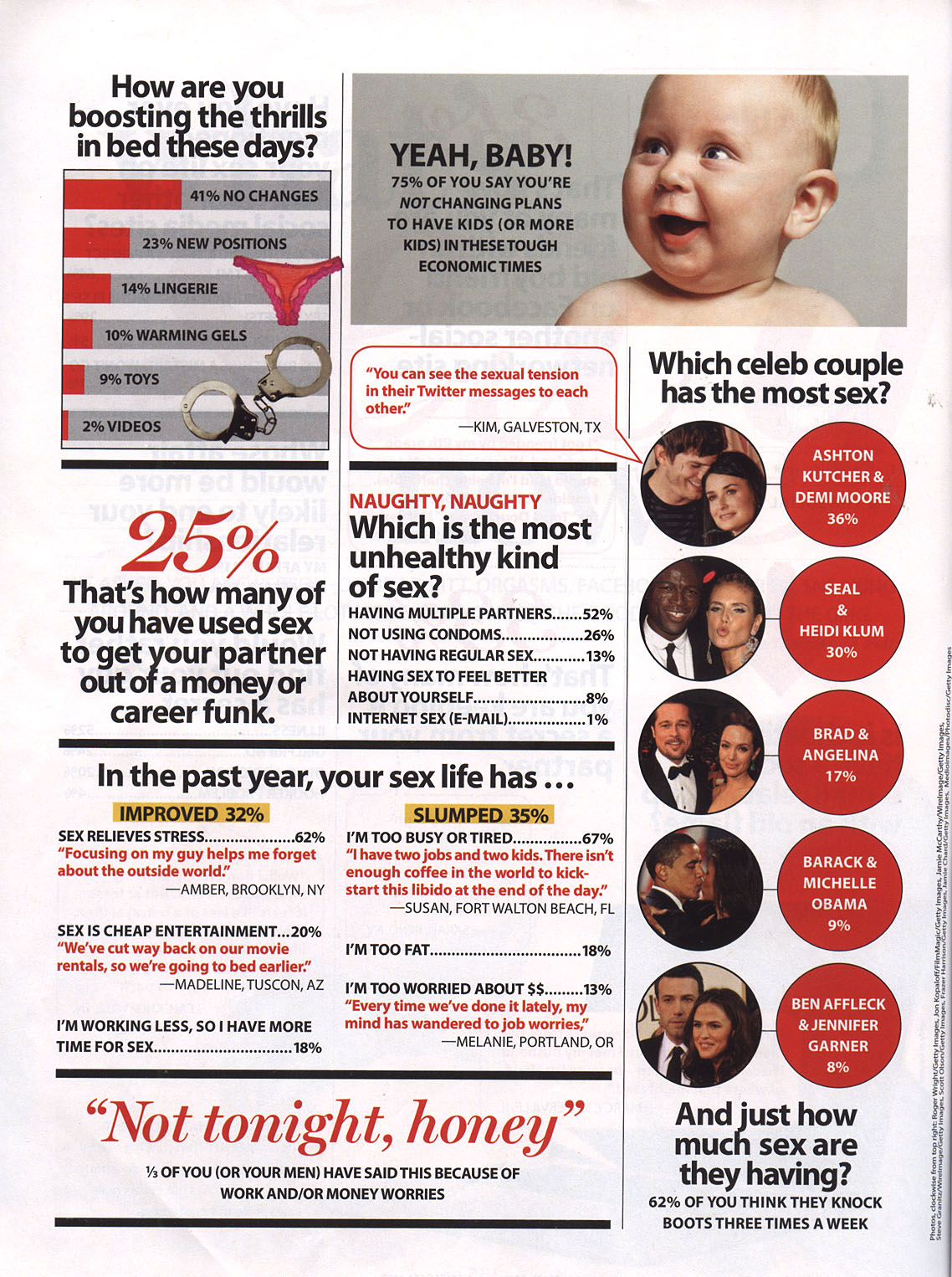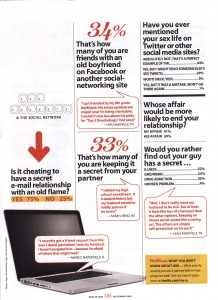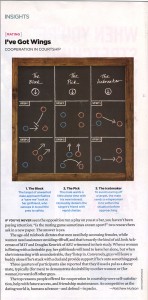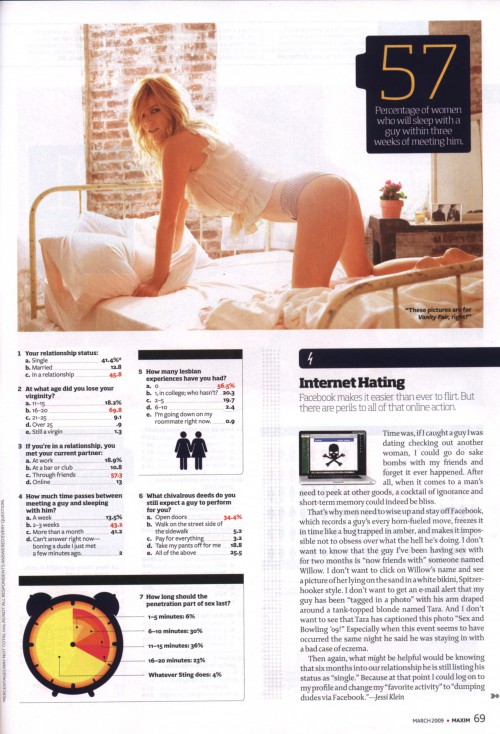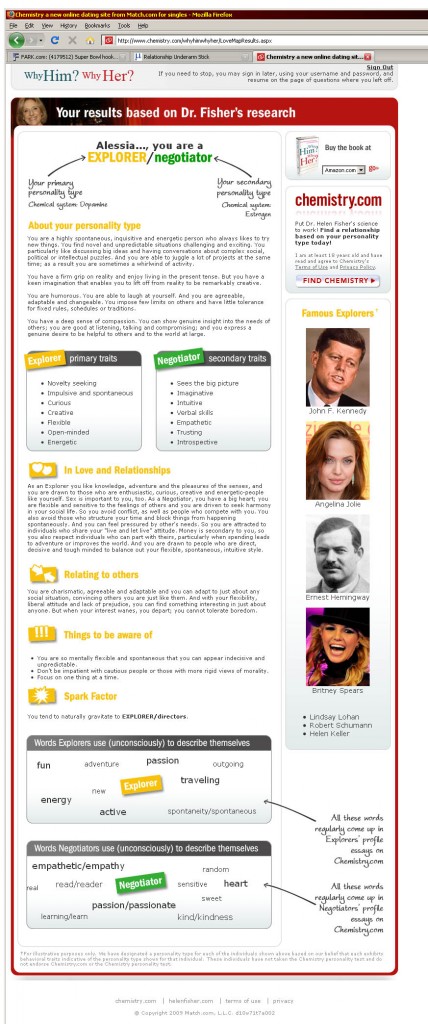Talk about burying the lead…
A recent survey commissioned by the Family Violence Prevention Fund and Liz Claiborne Inc. and conducted by Teenage Research Unlimited (TRU) set out to explore “how the economy has impacted dating relationships among young adolescents and to determine the level and impact of parental engagement in the issue of teen dating violence and abuse.” The survey, Impact of the Economy and Parent/Teen Dialogue on Dating Relationships and Abuse, titled their press release New Research Finds Possible Link between Troubled Economy and High Levels of Teen Dating Abuse, despite the fact that the findings were about far more then the “media popular” word “economy.”
A new survey reports today that teens nationwide are experiencing significant levels of dating abuse, and the economy appears to be making it worse. Nearly half of teens (44 percent) whose families have experienced economic problems in the past year report that they have witnessed their parents abusing each other.
Sixty-seven percent of these same teens experienced some form of violence or abuse in their own relationships and report a 50 percent higher rate of dating abuse compared to teens who have not witnessed domestic violence between their parents.
While it’s not exactly news that domestic violence increases with stressers such as economic troubles, failure to focus on the horror of parents abusing each other (and in such a high percentage as 44%) is a bit disturbing on several levels — even if the survey was about teens. Put a pin in this; we’ll be back to it in a few minutes.
The survey findings continue:
For the first time, data also shows that despite the fact that the majority of parents say they are comfortable talking about these issues, parents are not effective in educating their children about the dangers of dating abuse. 74 percent of sons and 66 percent of daughters say they have not had a conversation about dating abuse this past year. Even more troubling, the majority of teens who are in abusive relationships report they have not talked to their parents. Of the fewer than one-third who do confide in their parents, 78 percent report staying in these abusive relationships despite their parents’ advice.
Note the glaring statistic: 74 percent of sons and 66 percent of daughters say they have not had a conversation about dating abuse this past year. Evidence that we are not talking to our sons about violence, which leaves them vulnerable to abuse, but also perpetuates the BS that it’s a “women’s issue” and not the responsibility of men.
Arg!
But now, in the “Hurray! We’re doing something!” part, something else disturbs me…
“This poll shows a disconnect between what some parents think is happening with their teenage children and what teens say they are experiencing,” said Family Violence Prevention Fund President (FVPF), Esta Soler. “Not enough parents recognize behaviors that may be warning signs of abuse. It concerns us that about one-third of parents don’t recognize that isolation from family, being kept away from family by a dating partner, and isolation from friends can be danger signs. We are making progress educating parents, but we’d like those numbers to be higher. So we have more work to do. Dating violence is a huge problem in this country, and we need parents, schools and everyone to take responsibility for helping keep teens safe. Macy’s is leading the way with its support for the RESPECT! campaign, which offers the tools parents need to define and promote healthy relationships, and intervene effectively if abuse begins.”
Remember when I asked you to put a pin in that part about domestic violence in the teens’ homes? Well, if 44% of the teen homes surveyed had “parents abusing each other,” then the following can easily be concluded:
Both the parent being abused and their partner (spouse, co-parent, etc.), would be under the influence of domestic violence. They might see the abuse mirrored in their child’s dating relationship, but either A), as the abuser, think it’s OK, B), as the one abused, have no power or influence to intervene (they even may have tried to intervene but were punished for it), &/or C), as the one abused, they too are isolated — and discredited.
Similarly, the teens themselves would be stuck in belief that it’s OK, be dismissive of parents’ comments because they themselves are “living it,” &/or feel powerless in general because of living with domestic violence in the household.
I’m not saying that teen dating violence should not be of any concern, but the data in this survey reveals that the prevalence of domestic violence, especially when combined with gender-skewed safety education, means that such violence prevails because we are too busy providing reasons such as “it’s a tough economy” that “explain” violence rather than flat out condemn it.

